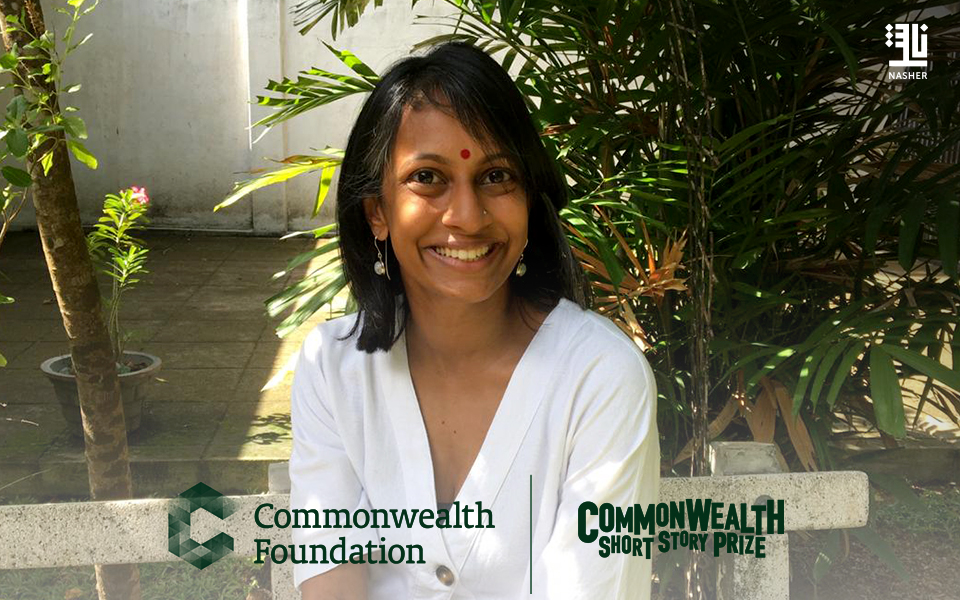A story that celebrates frontline health workers working among the poor and the displaced in Sri Lanka has won the Commonwealth Short Story Prize. ‘I Cleaned The – ’is by 34-year-old Sri Lankan writer Kanya D’Almeida who received the £5,000 prize from British-Jamaican actress Dona Croll at an online ceremony on 30 June.
Dr Anne T. Gallagher, Director-General of the Commonwealth Foundation, the intergovernmental organisation that administers the prize, said: ‘As we enter the second year of a pandemic marked by the heroism of invisible frontline workers, it seems fitting that the wonderful tale which has won the 2021 Commonwealth Short Story Prize celebrates a member of this hidden army. Kanya D’Almeida’s story of love and humanity, in the face of loss and grief, is one that speaks to us all.’
D’Almeida’s story is about ‘dirty work’: domestic labour, abandonment, romantic encounters behind bathroom doors, and human waste. The Asia judge, Bangladeshi writer, translator, and editor Khademul Islam, described it as ‘a life-affirming story of love among the rambutan and clove trees of Sri Lanka—love for a baby not one’s own, love for a high-spirited elderly woman. Love found not among the stars but in human excrement. Literally. And all the more glorious for it.’
Chair of the judges Zoe Wicomb said: “Congratulations to Kanya D’Almeida, whose winning story captivated the judges from the outset. In “I Cleaned The––“ the short story form is fully exploited. Set in a Sanctuary for the Forsaken, “a place for people who have no people”, it brims with humanity, exploring the themes of love and death in an ingenious structure…. With a title that speaks of the unspoken and the unutterable, as well as attempts by the poor and overlooked to voice their feelings, D’Almeida appeals to both the heart and the mind of the reader in this portrayal of unspeakable injustice.”
D’Almeida said: “Winning the Commonwealth Short Story prize during this moment of global upheaval feels like a tremendous honour and an equally tremendous responsibility. It makes me question what it means to be a writer in these times, times when the human imagination might offer us our best shot at survival. I’ve long felt that fiction is the last ‘free’ place on earth in which to fully envision (and execute!) radical alternatives to the often dismal systems that govern us. To have won the prize for a story about two destitute, aging women in Sri Lanka digging through the debris of their lives in search of a little dignity is more than a blessing—it’s a firm order from the universe to keep inventing ways for the powerless to gather together, giggle together, and win.”
The Commonwealth Short Story Prize is awarded annually for the best piece of unpublished short fiction from the Commonwealth. It is the only prize in the world where entries can be submitted in Bengali, Chinese, English, French, Greek, Malay, Portuguese, Samoan, Swahili, Tamil, and Turkish. Regional winners each receive £2,500, with the overall winner receiving an additional £5,000.







